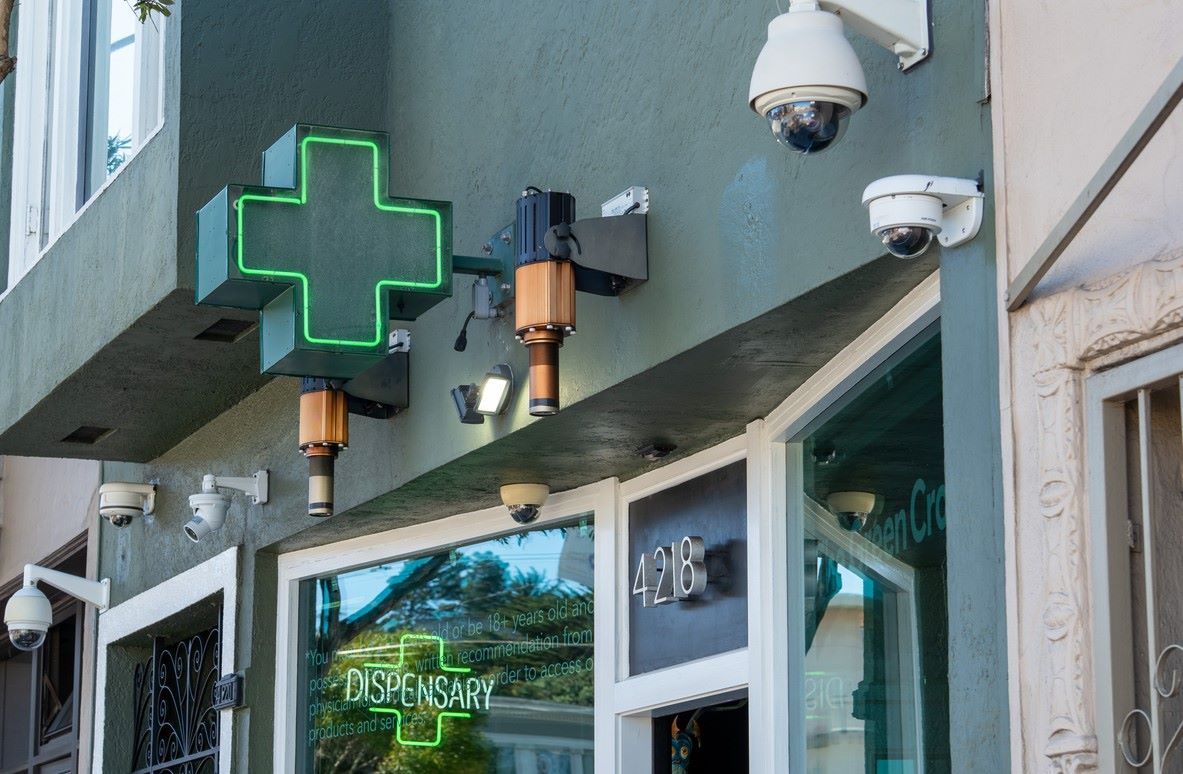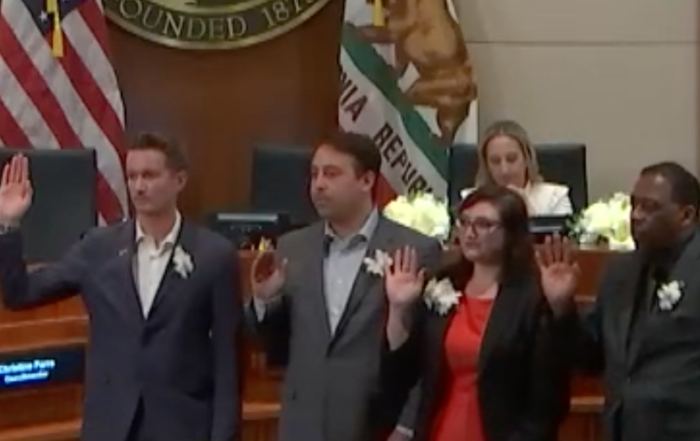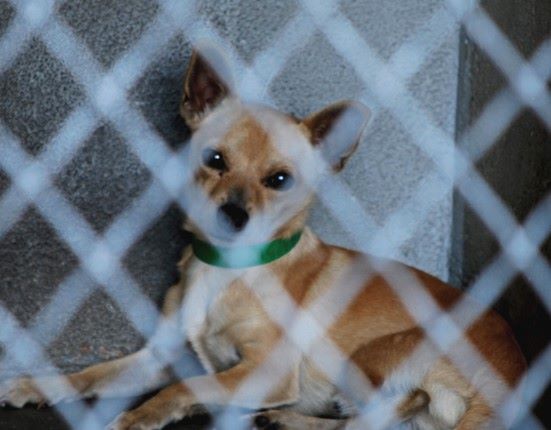The West Hollywood City Council voted 5-0 to institute a 2 percent tax rebate for cannabis businesses on Monday evening. However, discussions over regulations surrounding edible consumption continue as the varying opinions have made a consensus difficult to find.
Monday’s meeting is the latest in a long-standing effort to not only establish legal cannabis businesses within the city but also to give them the best opportunity to thrive in a new and constantly changing market. Several businesses asked for changes to the rules around cannabis businesses to “Assist the businesses in opening and operating successfully” in 2023, but there has yet to be an agreement on exactly how that would happen.
The initial motion presented at Monday’s meeting included small changes surrounding the process of opening a business, including providing an extension for some businesses to open and extending the time a business has to submit certain application documents.
However, there were several code changes requested by cannabis businesses that were not included in the ordinance mentioned in the motion’s Staff Report. These unrequited requests include alleviating square foot limitations for smoking on site and establishing a cap to allow up to 250 SKUs — distinct items for sale signified by barcodes — to be available on the menu at a business with a Consumption Edibles license.
One potential change that caused concern for existing dispensary owners was the allowance for consumption edible lounges to sell up to six different products in a closed container without being required to consume them on-site.
Representatives from current and potential cannabis dispensaries and edible lounges came to Monday’s city council meeting to express their thoughts on the various change requests, with these drawing much more attention than the actual changes presented.
Multiple dispensary owners noted that they made multi-million dollar investments into the city with the previously established rules and felt that allowing businesses that would sell for consumption on and off-premises was unfair to those who had established themselves under the current laws.
“This is not about us against them, this is about rules,” speaker Sol Yamini said. “They keep wanting to change the rules…I just don’t think it’s fair.”
“Allowing people to come in to change those rules is in fact going to financially impact all of us,” speaker Jay Handac argued. “The State of California’s cannabis industry is in trouble, and this whole process is not working.”
This seemed to be a permeating fear among many current business owners — that the freedom at edible lounges to both consume on-site and carry product out would give them a distinct and unfair advantage over dispensaries operating under the current rules. Others disagreed with the premise that edible consumption lounges would overlap with dispensaries even if sales of closed-bag products meant to be used at home were allowed.
“I have never known a bar is going to affect a liquor store or a restaurant is going to affect the business at a grocery store,” Sarah Uphoff with Door Number Six said. “I don’t really understand why a cannabis consumption lounge would affect a dispensary.”
Door Number Six is an edible consumption lounge that is still in the process of being opened in West Hollywood. She came to the meeting to ask for assistance from the city in getting the process of opening moving forward, along with addressing more of the small technical changes that they hoped for to improve their business model.
A change in security requirements proposed in the motion was also a topic of discussion, with a representative of the dispensary Zen Cannabis hoping that the council consider removing the requirement for all cannabis businesses to patrol hourly in adjacent residential neighborhoods to help them save money.
“Operators have great track records of keeping security incidents down,” Amy Pagel said at the meeting. “It’s a very expensive requirement to have those two guards.”
Councilmember John Heilman helped clarify what was being voted on versus what was included in the staff report for future discussion. Councilmembers were mostly supportive of the overall recommendations, but Vice Mayor Chelsea Lee Byers proposed that the rebate be increased from one percent to 2.25 percent, citing the security costs that Pagel and others complained about.
“I know that the security costs are a huge burden,” Byers said, “And if we aren’t going to look at those tonight, then we should definitely consider improving this rebate tonight.”
Mayor John Erickson also showed his support for the 2.25 percent rebate — which would come out to a little over $600,000 according to city staff — and also emphasized the importance of reconsidering and discussing the security requirements in the city. He confirmed with staff that there aren’t any cannabis locations with a notable number of complaints.
The rebate ended up at two percent after some discussion, and along with small changes like equalizing the waitlist for new and existing cannabis businesses for license applications, the rebate passed unanimously.
Staff was also directed to further research the impact of removing the neighborhood patrolling requirement for businesses and looking into having the city provide those patrols.
Photo by David Tran on iStockphoto.com
Stay informed. Sign up for The Westside Voice Newsletter
By clicking submit, you agree to share your email address with Westside Voice. We do not sell or share your information with anyone.








